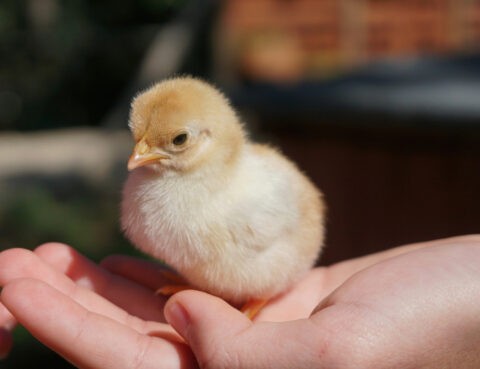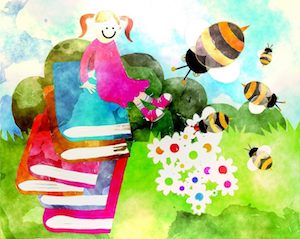
…been for a while. And these close bonds are what are going to keep them safe and well. Children, especially in situations like this, instinctively look to their parents to…

…quite dedicated to ensuring our survival. So in challenging situations it is very normal for the brain to block out an emotional reaction in order to allow us to cope….

…as it is in these times, it goes against the grain of our instincts and that of our children. I can’t imagine what it is like for the spouses of…

…hard. She cried long. She wailed. It lasted for days and seemed never to end. Again, everything in me wanted to take her pain away; wanted to pretend it wasn’t…

…of our young. They use technology in their day-to-day lives to keep in touch with each other in a multiple of ways, including social media sites, cell phones, and texting….

…by being their compass point, caring for them in unexpected ways, providing more than they seek, listening with our full attention, and taking the lead in feeding them. We can…

…eruptions, especially in the early years. When the intensity of these emotions is drained through their eruptions, melting their frustration into tears is the way through. In these soft, vulnerable…



